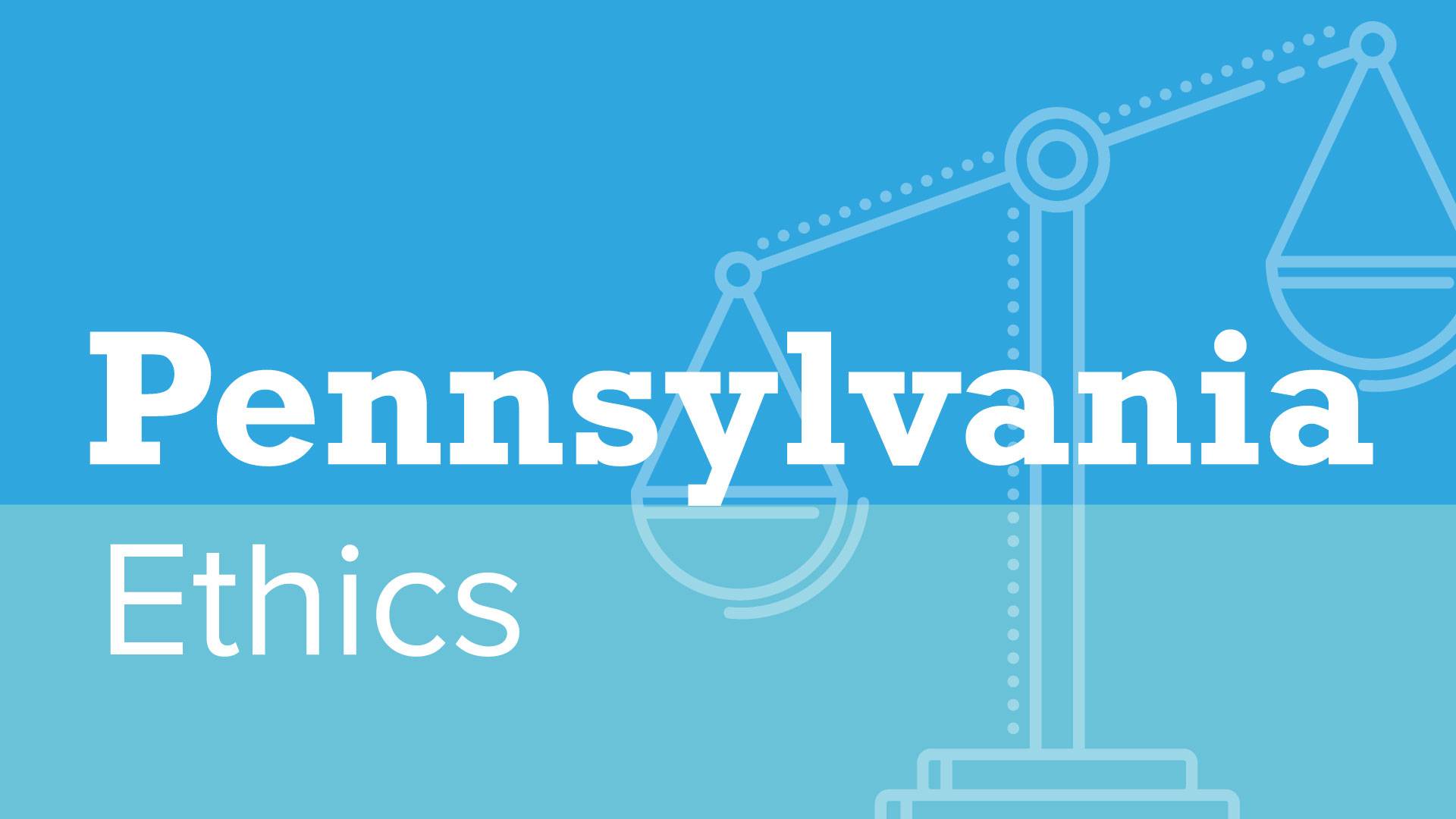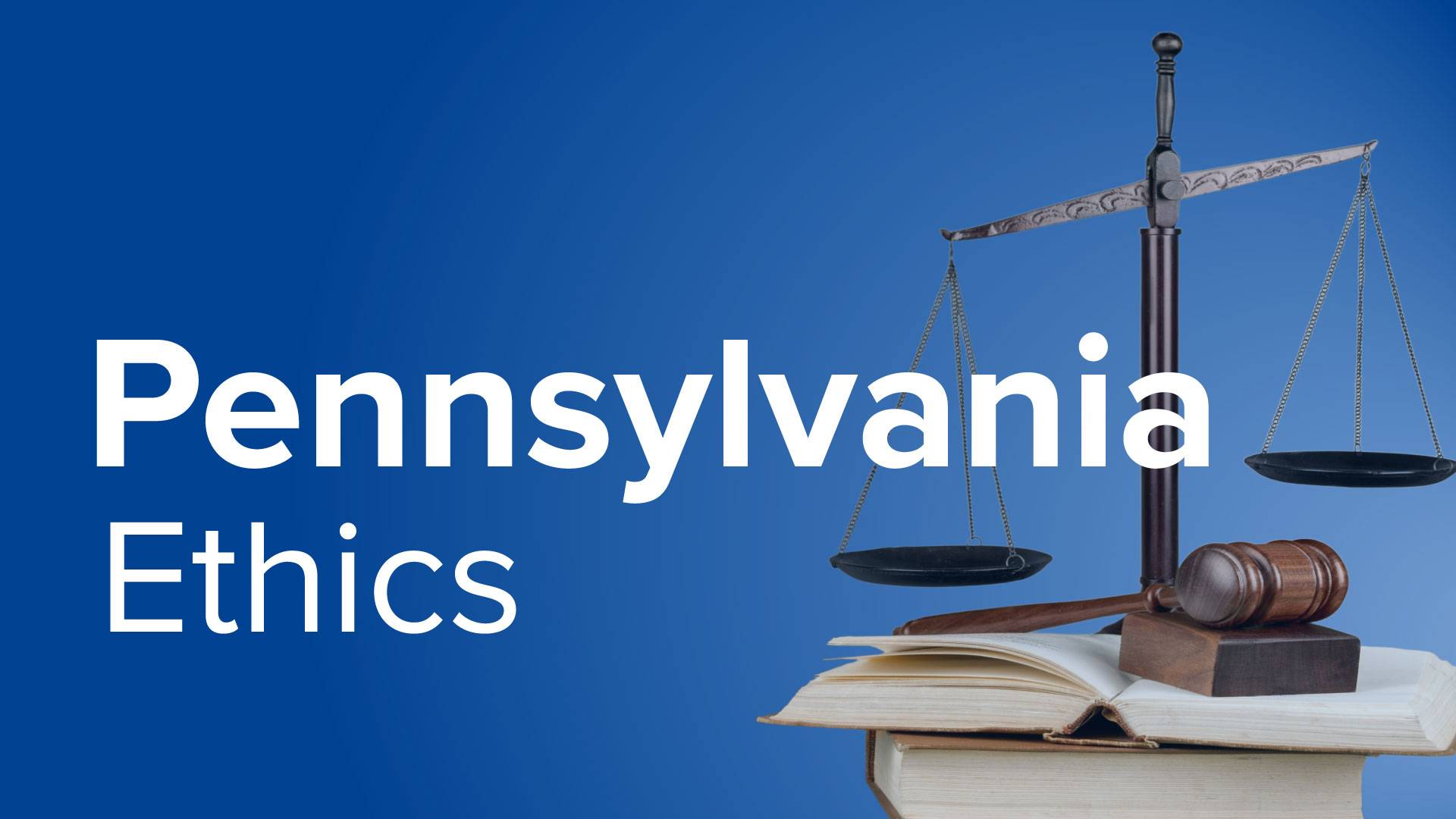State CPE Requirements
Pennsylvania
Welcome to your go-to guide for fulfilling your Continuing Professional Education requirements, tailored to your state’s specific mandates and regulations.
Revision Date:
January 23, 2023
All Continuing Professional Education (CPE) requirements are sourced from NASBA. For detailed information, please visit the NASBA CPE Requirements page.

Total CPE Hours Required
80 hours

CPE Reporting Period
1/1 to 12/31 biennially ending on odd numbered years

License Renewal Deadline
December 31 on odd numbered years
License Renewal Deadline:
December 31 on odd numbered years
CPE Reporting Period:
1/1 to 12/31 biennially ending on odd numbered years
Total CPE Hours Required:
80 hours
Minimum CE Hours per year:
20 hours
Ethics Requirements:
Four (4) hours
Credit Limitations:
Instruction: The maximum credit allowed for instruction is 40 credits. Repetitions of instructor credits are not permitted unless the material has substantially changed. Entry-level accounting courses do not qualify for instructor credits.
Published Materials: Credit for published books or articles is limited to 20 credits per instance on a self-declaration basis. The maximum credit allowed for all publications combined is 40 credits.
Published Materials and Self-Study: The maximum credit allowed from self-study and published materials combined is 40 credits.
Self-Study: The maximum credit allowed for self-study is 40 credits. If the delivery method is non-interactive, only half (1/2) of the total credit is granted.
Other Subject Area Requirements:
Twenty-four (24) hours in Accounting & Auditing, if participating in attest activities
Other State Policies:
Approved Providers: Providers of CPE must be approved by one of the following for credit to qualify:
- The Pennsylvania State Board of Accountancy.
- The National Registry of CPE Sponsors.
- The accountancy regulatory body of a state that permits the practice of public accounting under the principles of substantial equivalency. A listing of states that permit practice by substantial equivalency can be obtained by visiting NASBA’s Mobility web page.
- A college or university accredited by a nationally recognized accrediting agency recognized by the United States Department of Education.
Other State CPE Requirements
Deadlines always sneak up on you, but not this time.
Financial and Accounting Professionals reporting in one of the states listed below can easily find their State’s CPE Requirements.


